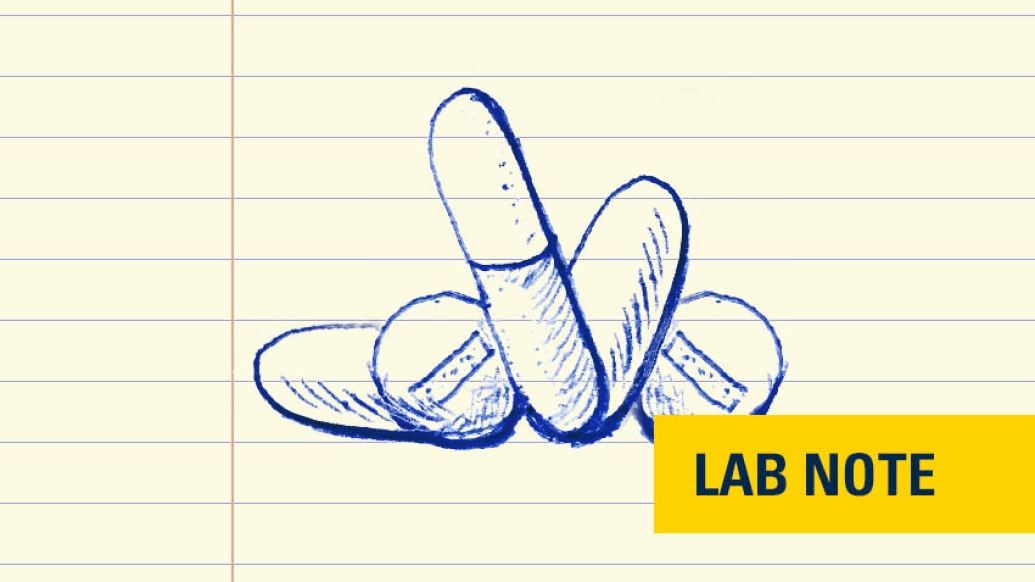Study shows health plans paid most of the cost of ivermectin, despite drug’s lack of effect on COVID-19.
1:19 PM
Author |

Even though clinical trials haven't shown it works against COVID-19, doctors continue to prescribe ivermectin – and a new study suggests health insurers are heavily subsidizing the cost of those prescriptions.
The study's authors call for insurers to align their coverage of the drug with the level of medical evidence surrounding it — just like they do for other medications, tests and procedures.
The study, published in JAMA by a team from the University of Michigan and Boston University, uses insurance data to study how much health plans paid for oral ivermectin in late 2020 and early 2021. They found that plans paid 61% to 74% of the cost, or about $36 to $39 per prescription.
As a result of this coverage, the researchers estimate that United States private and Medicare plans may have paid $2.4 million for ivermectin prescriptions for COVID-19 in the week of August 13, 2021 alone. If prescribing and insurance reimbursement were at that level for an entire year, insurers would spend nearly $130 million over a year on the drug, despite a lack of evidence it works.
"Insurers usually don't cover ineffective treatments, or at least make patients pay for most of the cost," said Kao-Ping Chua, M.D., Ph.D., the health care researcher from U-M who led the study. "Our study suggests that they are treating ivermectin prescriptions for COVID-19 differently. In doing so, they are reducing barriers to an ineffective drug that some are using as a substitute for COVID-19 vaccination or evidence-based treatments."
Unless strong new evidence comes to light, the researchers argue that insurers should require doctors to justify prescribing ivermectin during the pandemic by filling out a prior authorization form.
While they acknowledge this could make it harder for patients to get ivermectin for its FDA-approved indications, they believe the number of these patients would be low. As evidence, they pointed to a CDC study showing that only about 3,600 ivermectin prescriptions were filled each week in the U.S. before the pandemic.
"To be clear, clinicians may still prescribe ivermectin for COVID-19 and patients can choose to pay for these prescriptions themselves. Our point is simply that insurers shouldn't cover these prescriptions unless ivermectin proves to be an effective COVID-19 treatment," said Chua, a pediatrician at Michigan Medicine's C.S. Mott Children's Hospital and the Susan B. Meister Child Health Evaluation and Research Center.
The U.S. Food and Drug Administration and the World Health Organization have both said oral ivermectin should not be used for COVID-19 purposes, except in clinical studies.
More about the findings
Using private insurance and Medicare Advantage claims from December 2020 through the end of March 2021, the authors identified and examined 5,600 prescriptions for oral ivermectin that weren't written for a parasitic infection, the main reason that ivermectin is prescribed other than COVID-19.
The total cost per prescription was $58 for private plans, which paid 61% of this amount, or about $36. The total cost per prescription was $52 for Medicare Advantage plans, which paid 74% of this amount, or about $39. The rest of the cost was paid by patients.
The authors then estimated that all but 3,600 of the 88,000 ivermectin prescriptions filled in the week of August 13, 2021 were for COVID-19. Assuming that the study's results generalized to these prescriptions, the authors estimated that private and Medicare plans paid $2.4 million for the prescriptions in this week alone.
The study team, which included U-M health care researcher Nora Becker, M.D., Ph.D. and Boston University Questrom School of Business researcher Rena Conti, Ph.D., previously published research showing how much patients may have to pay now that insurers have stopped waiving bills for COVID-19 hospitalizations.
"It's odd that insurers are covering an ineffective treatment like ivermectin even though they are trying to decrease their costs by billing patients again for COVID-19 hospitalizations," says Chua, who along with Becker is a member of the U-M Institute for Healthcare Policy and Innovation.
Paper cited: JAMA, DOI: 10.1001/jama/2021.24352

Explore a variety of healthcare news & stories by visiting the Health Lab home page for more articles.

Department of Communication at Michigan Medicine
Want top health & research news weekly? Sign up for Health Lab’s newsletters today!





